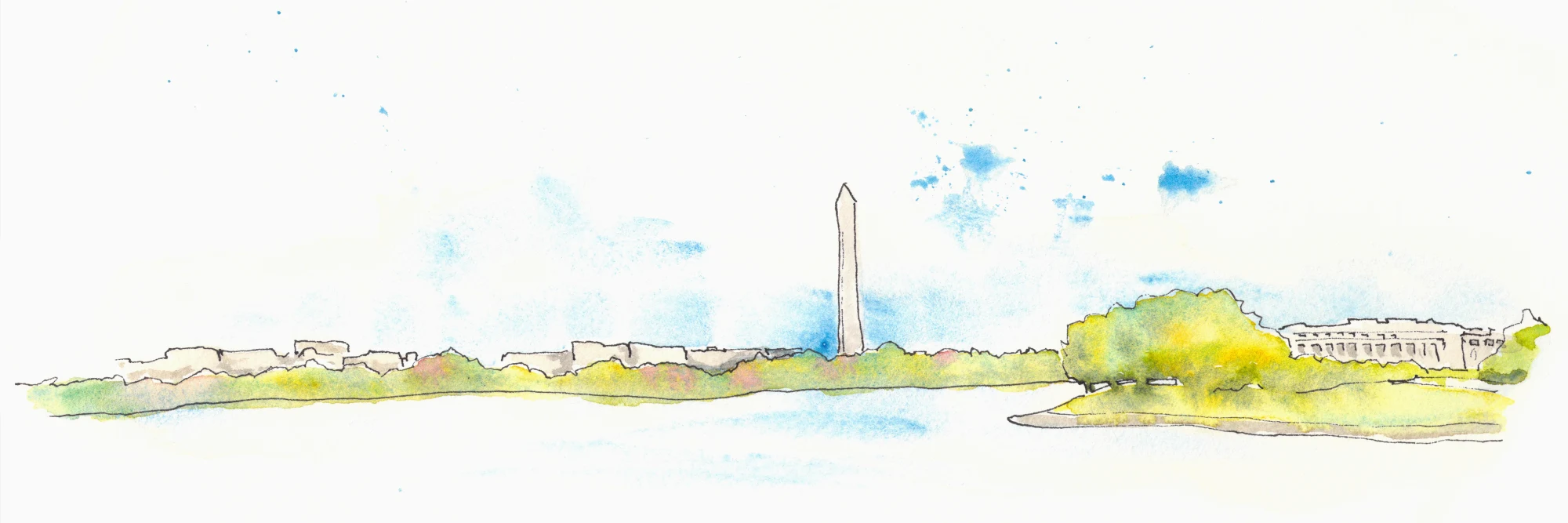Advice on interviewing for Junior Developers
A relative of mine recently went through a coding bootcamp, and was looking for their first development job. I asked some of my colleagues at work what advice they'd tell someone who was junior about how to stand out during an interview.
The advice I got was solid, and I decided to compile it and share it here:
- Be honest and authentic. In general, but also about being fresh out of a bootcamp.
- Be able to talk about previous projects that affected the bottom line.
- Express genuine interest about the company, it's values, and where it should be in the future.
- Be able to demonstrate you're a "problem solver" not just "I learned how to code".
- "I'd say expressing some combination of enthusiasm about the company / work, and a willingness to learn new things… one of the best things to see in a junior dev is the ability and desire to learn new stuff"
- "I had a friend in the same situation who was hired ... after his ... coding camp. The advice I gave him was simple. Don’t Bullshit. Be confident about what you know and be humble to admit what you don’t. We don’t expect a junior developer to know everything. We expect gaps in experience and knowledge. What’s important is the ability and willingness to learn. Show them that and tell them what you’re excited about learning and they’re know exactly where to place you. If you try to BS your way around an answer to appear more knowledgeable than you are, then they will know immediately and at that point you will lose credibility and their confidence."
- "I think discussion of past projects is crucial, since it is the closest thing to "real-world" development experience. Describe goal/problem statement of the project, how you worked towards that goal, and what the final outcome was. I make sure to describe obstacles I had to overcome, because it demonstrates that you can problem solve, be reactive, and have humility."
- "One of my favorite questions to ask for this very reason is, 'What was your biggest mistake? How did you recover or what did you learn from it?' It can apply to coding or irl projects." - be ready for that, with a good answer."
- Concerning white-board coding: always always always describe your thought process out-loud as you are working through a problem. That way, even if you mess up, it demonstrates your problem-solving process and the ability to communicate your ideas.
- "The small things are really important to me. Making eye contact when talking to people, adjusting your tone when you’re asking a question so as to not be too curt.
- Coming in prepared: Having extra copies of your resume, looking up the the interviewers LinkedIn to see what they’re interested in and adjusting questions to that, having a big list of questions to ask. Smiling during an interview also goes a long way, some people take it too seriously. When talking about yourself, don’t only mention your technical aspect, talk about your hobbies, and things you like to do outside of work. Be willing to talk about your failures, it opens up the “formal” atmosphere in the room.
- Technically: Hit up the “Elements of a Programming Interview” books. They go in a much greater depth than cracking the coding interview."
I cannot take credit for these answers. But, I hope that they can help you prepare for your next interview!

